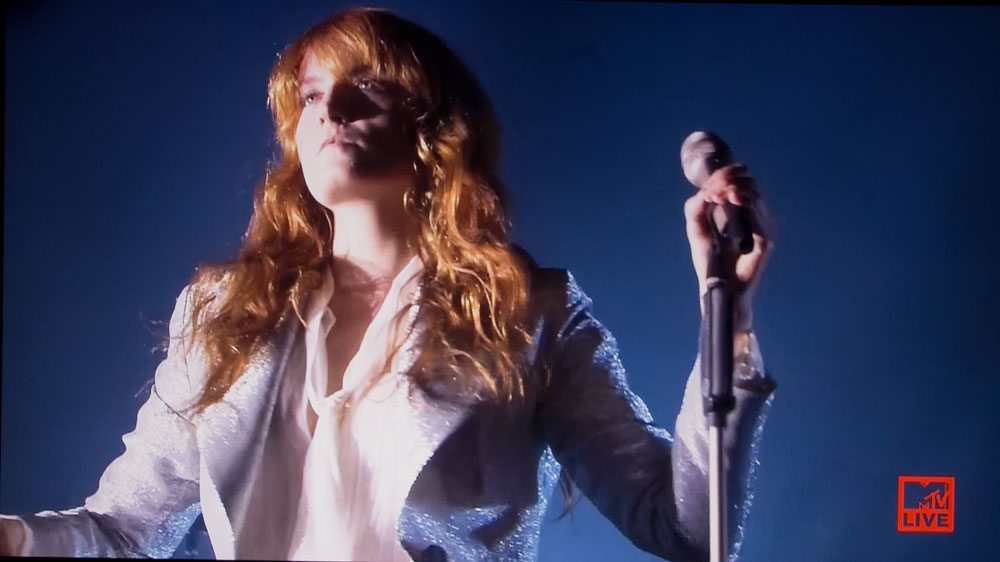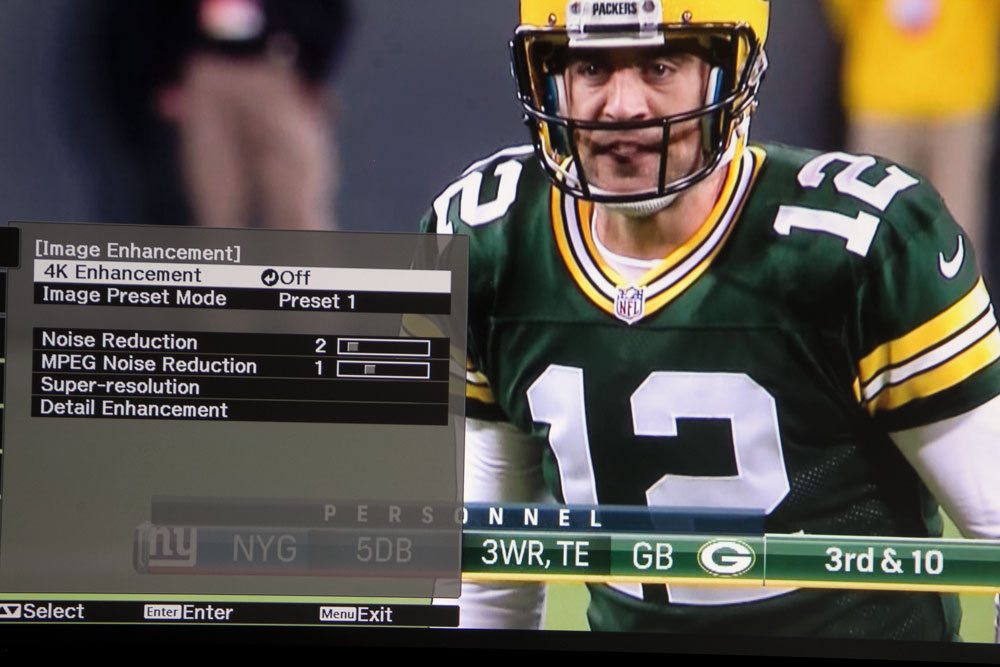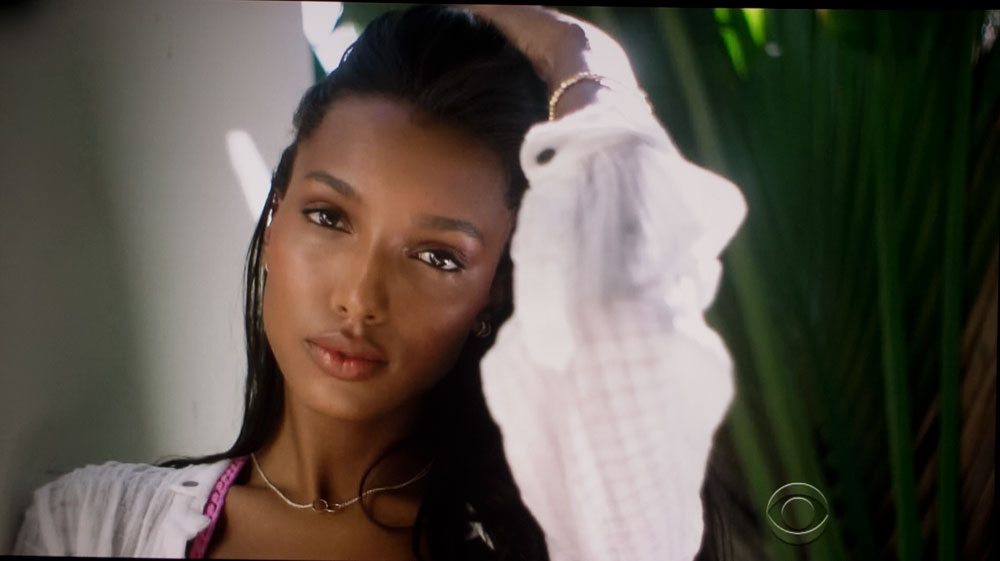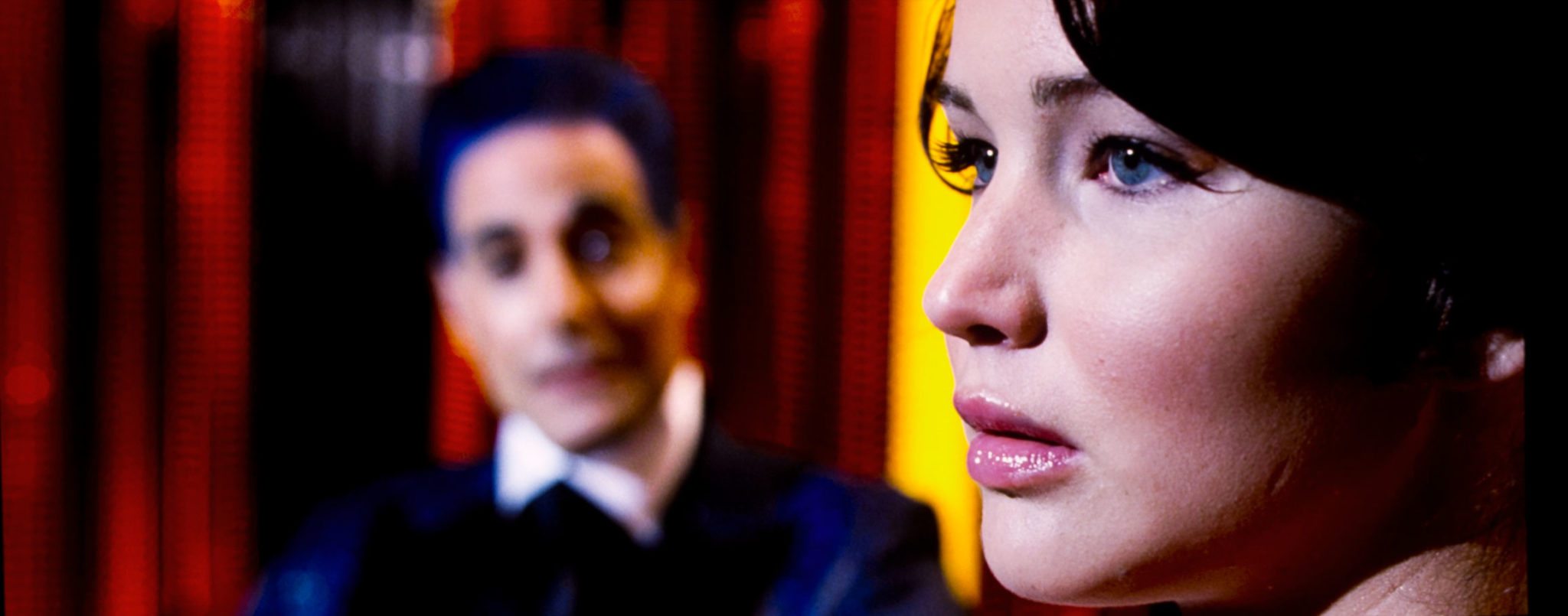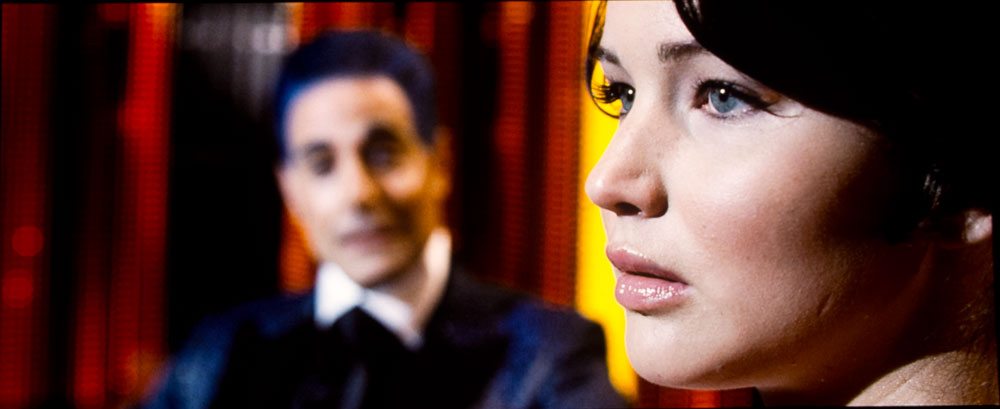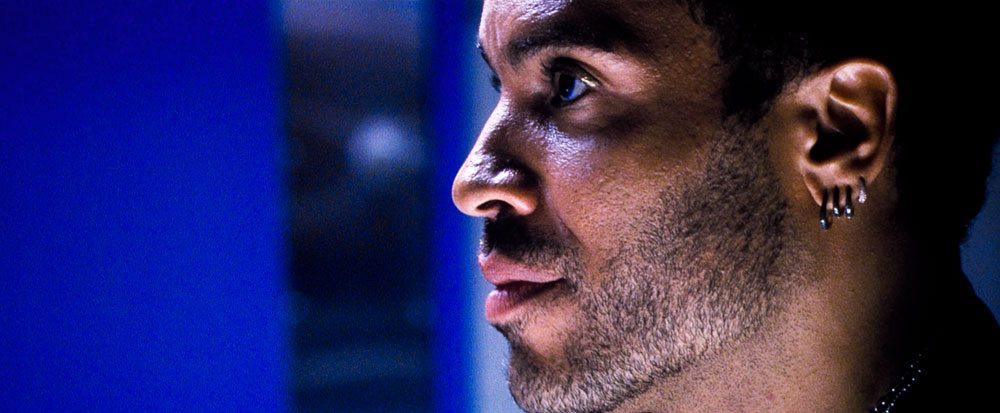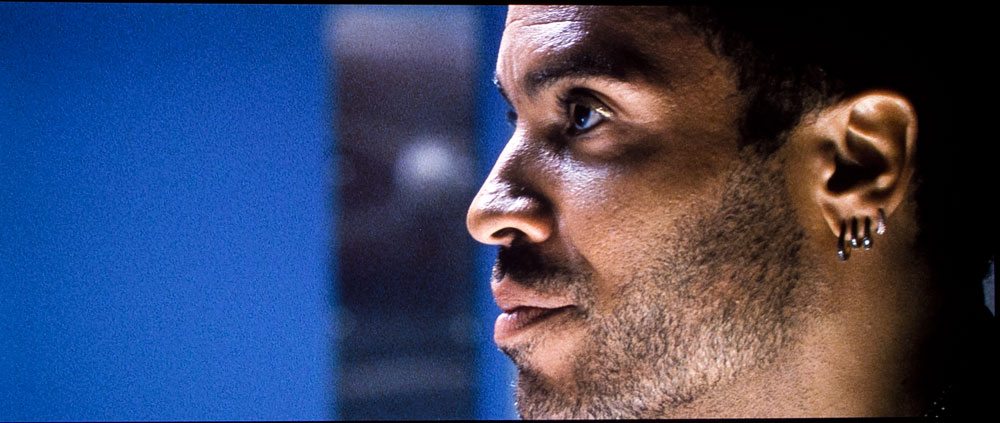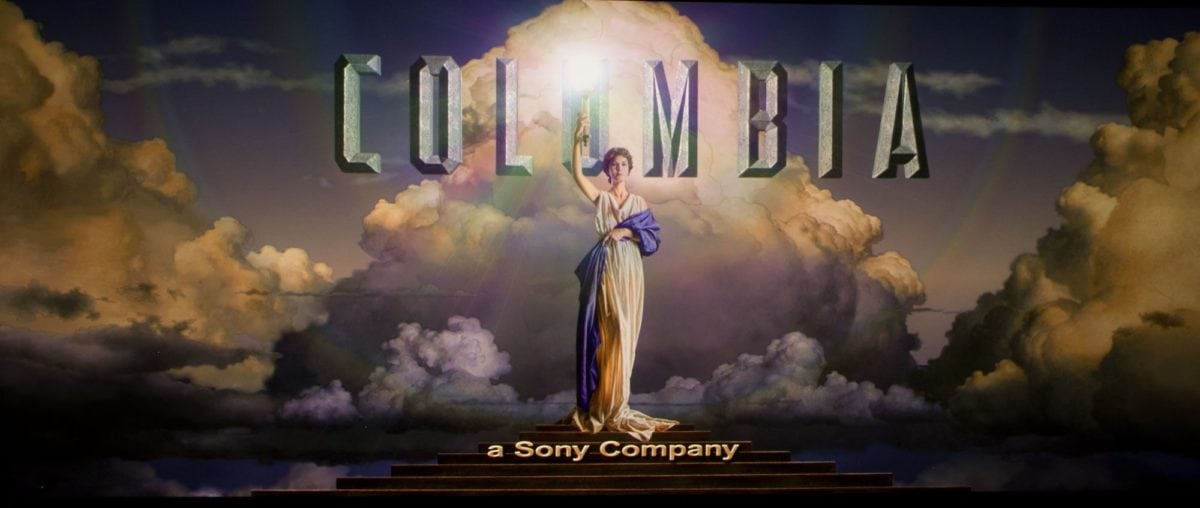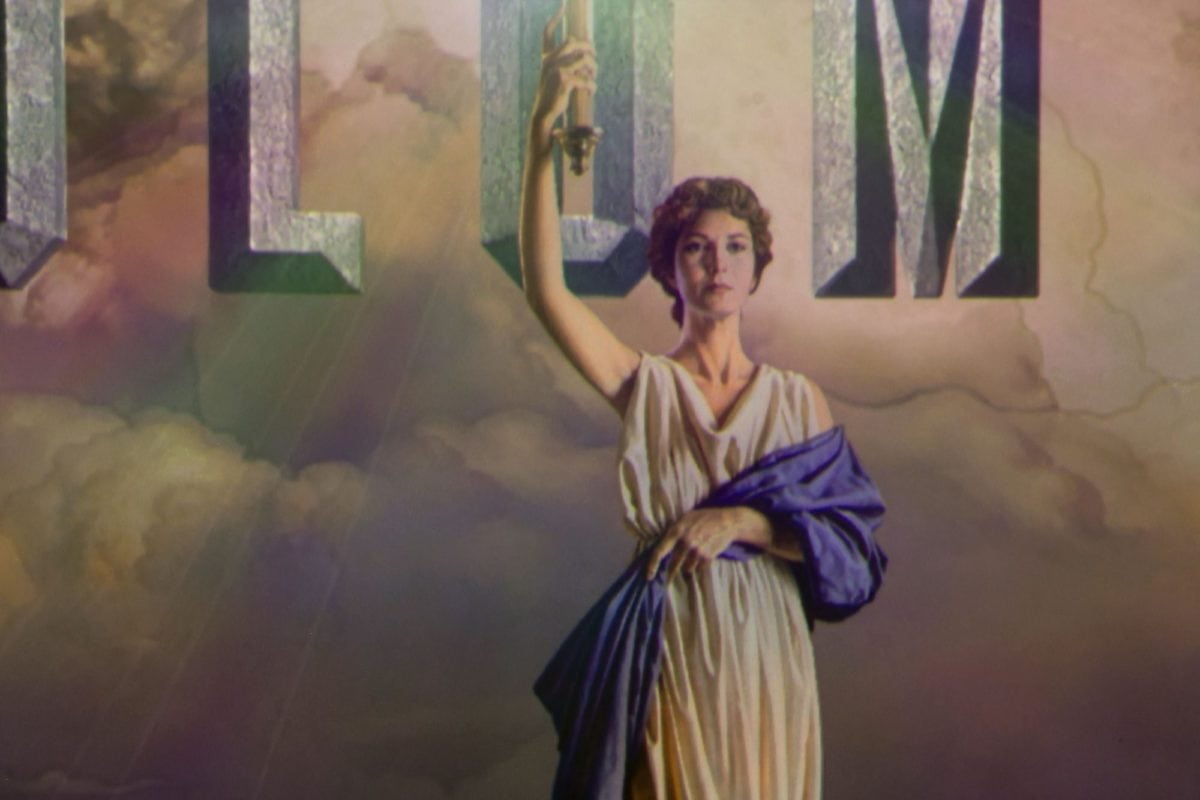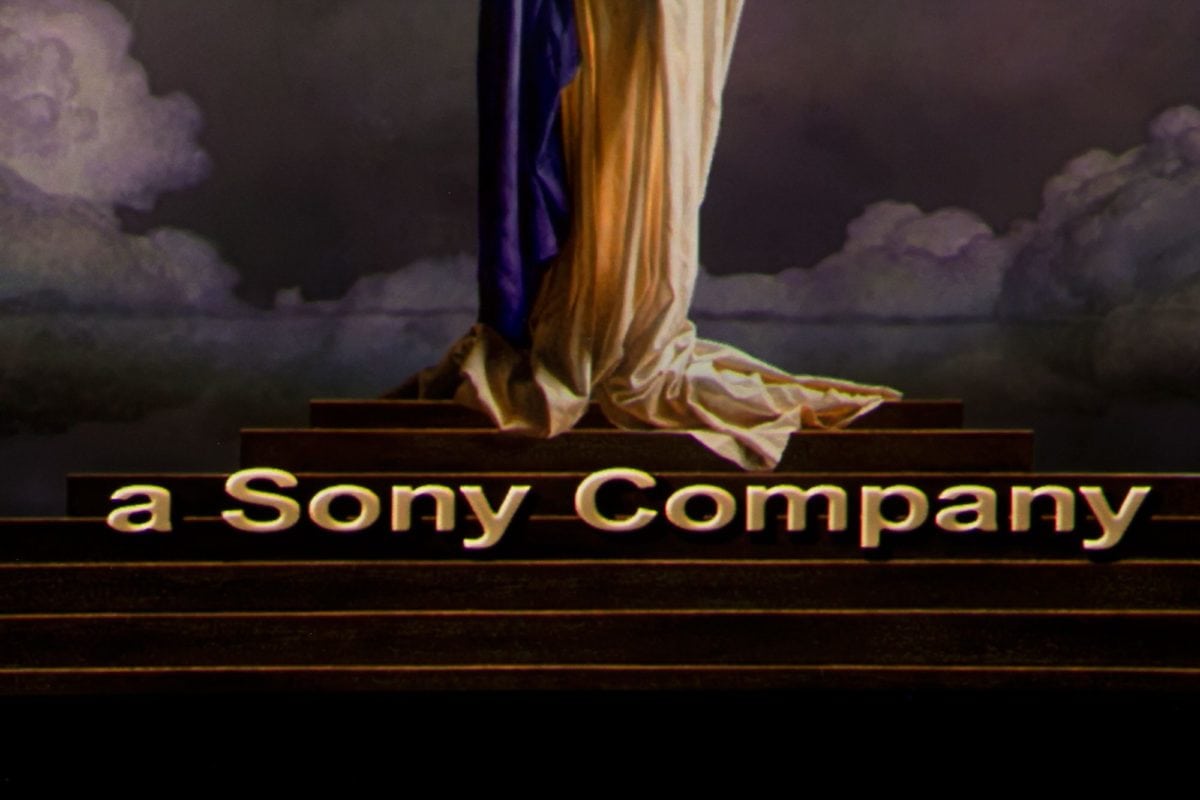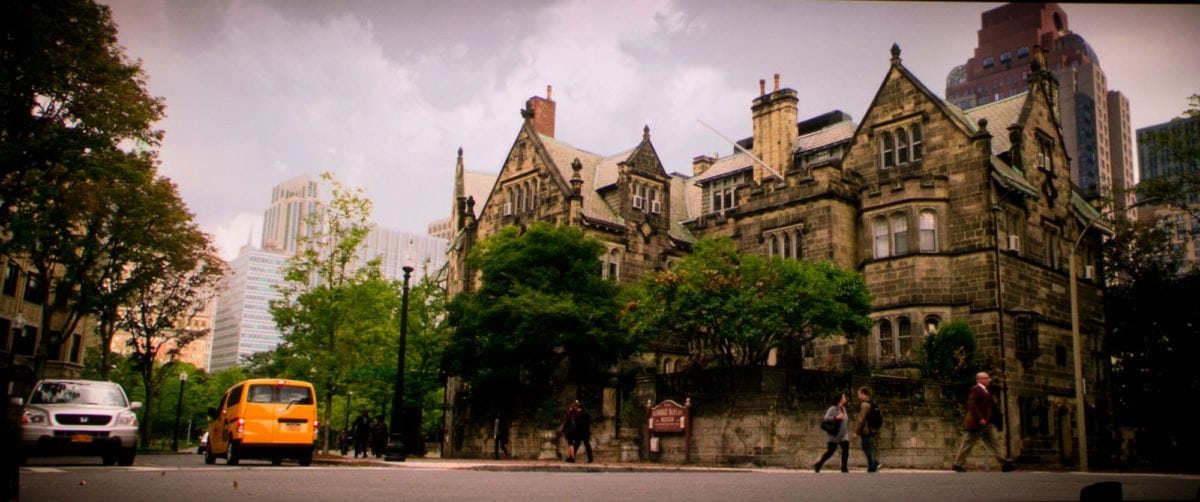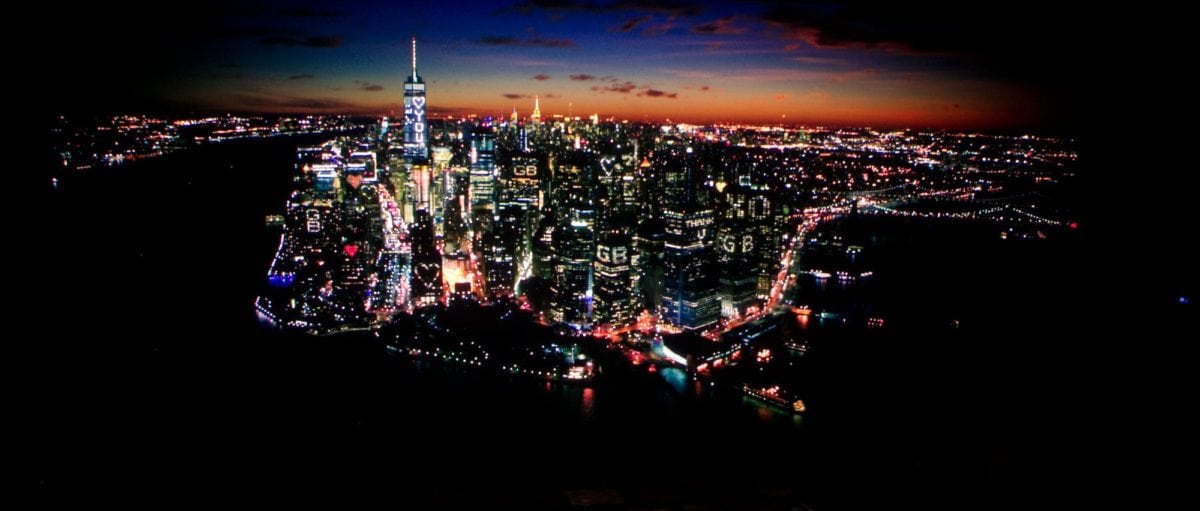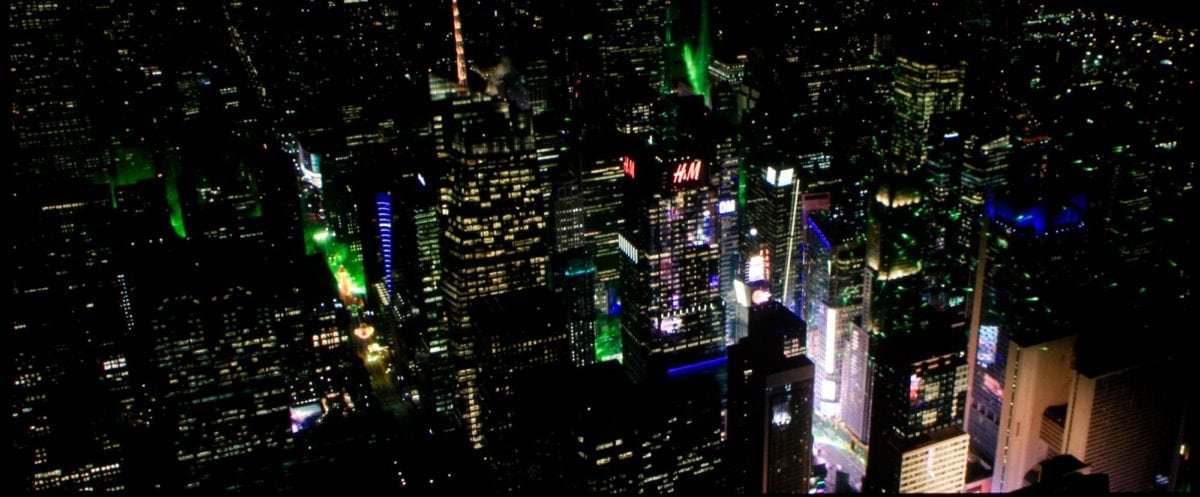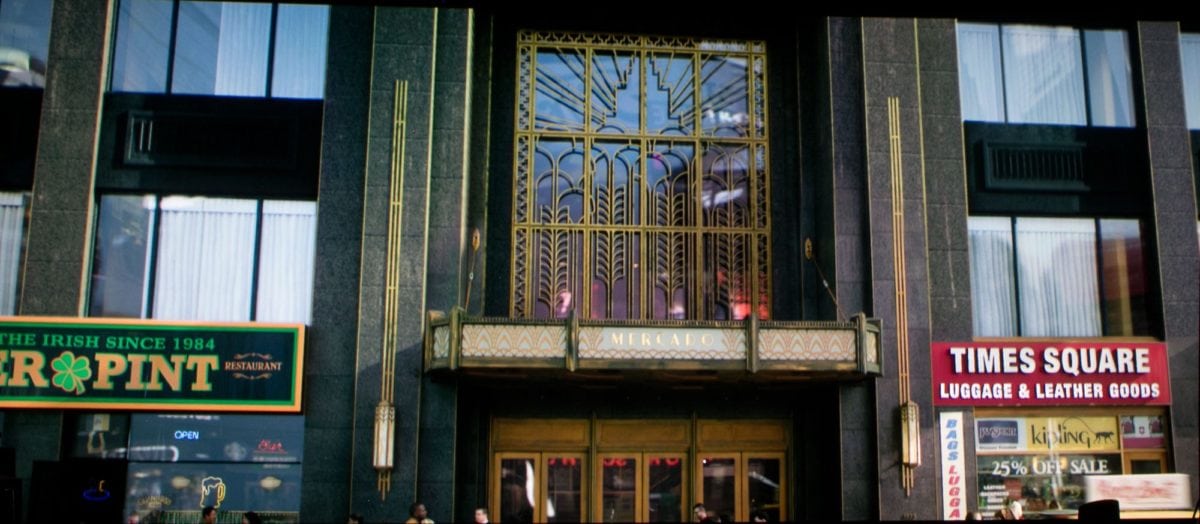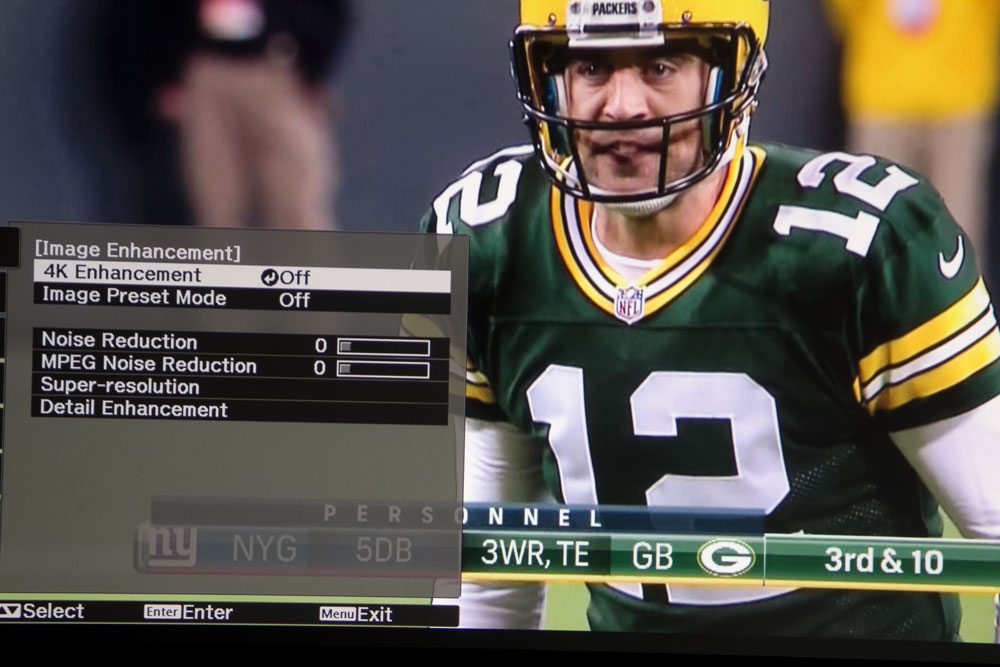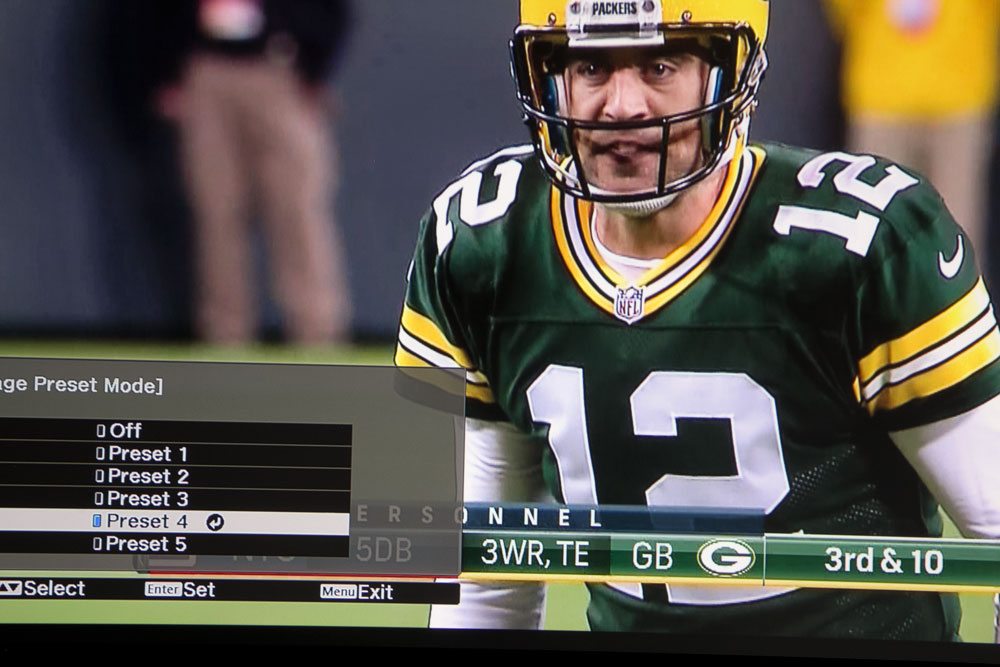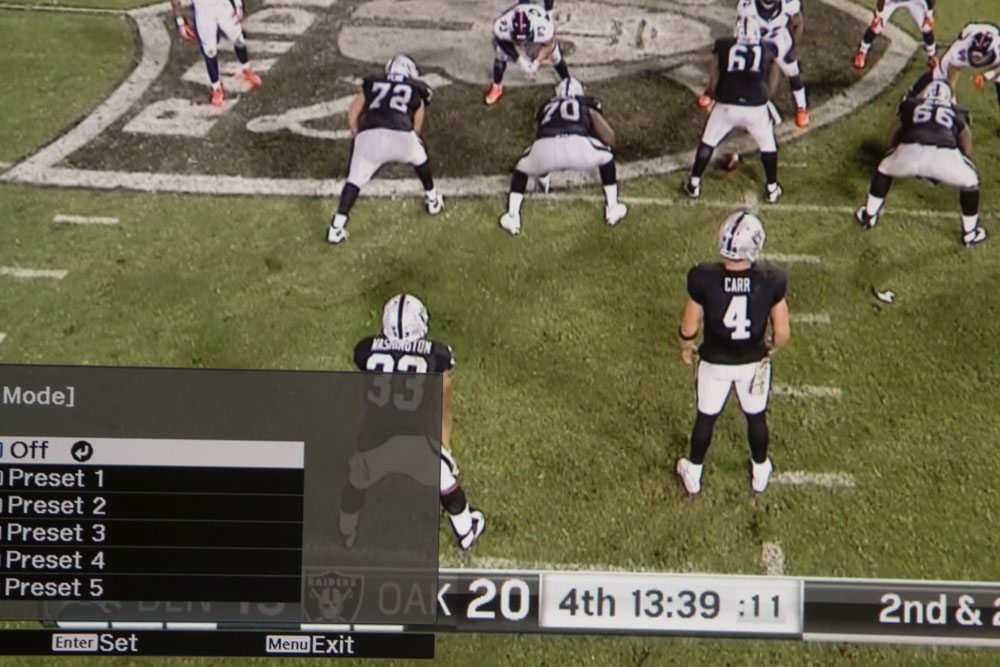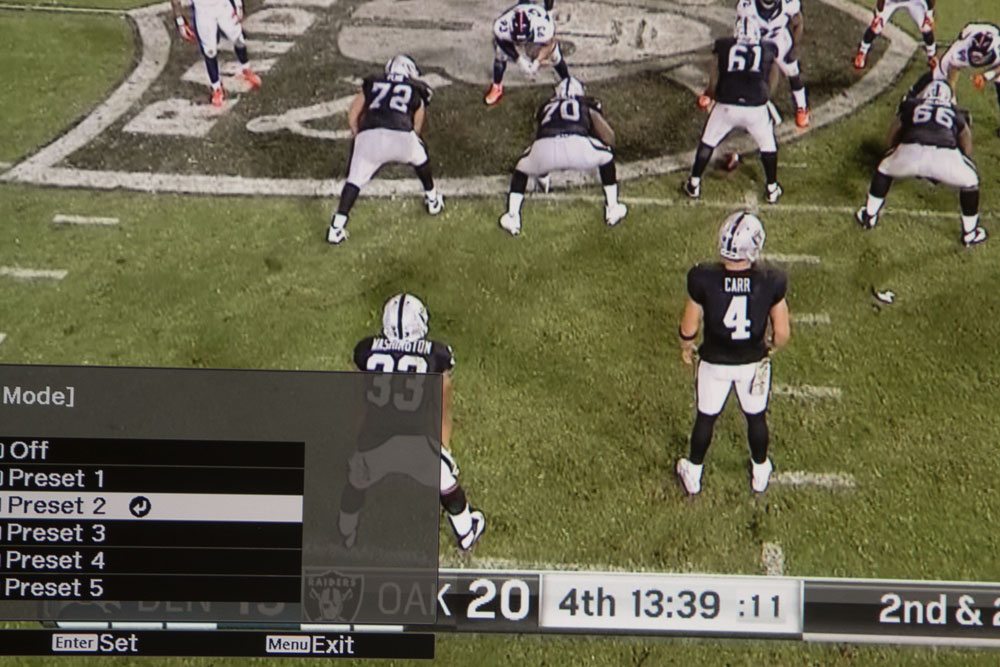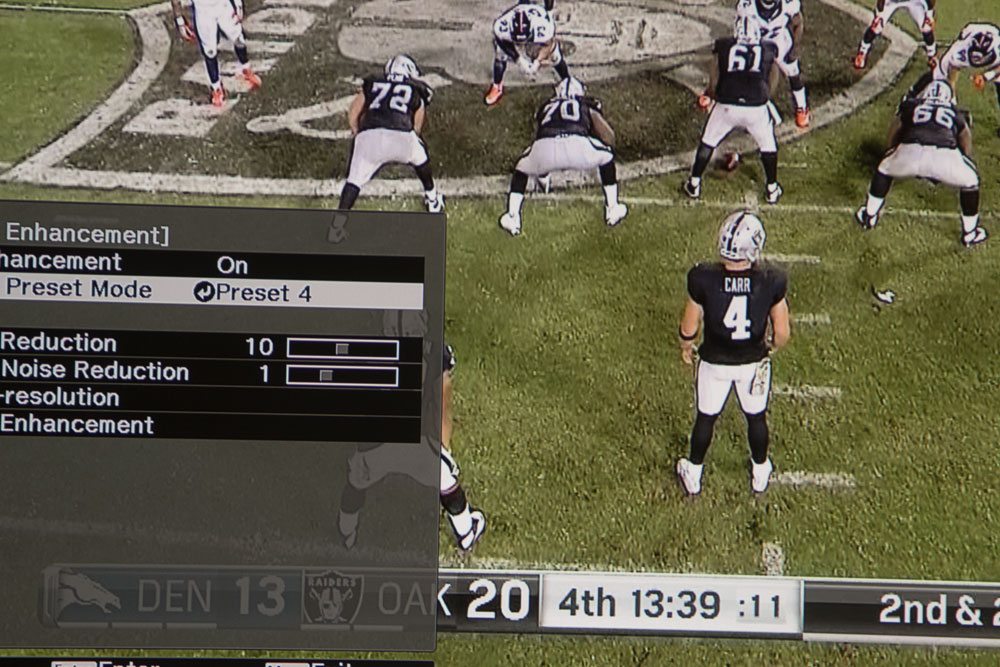Overall, the Pro Cinema 4040 is classic Epson "home theater" projector, when it comes to color accuracy and color handling.
Like the UBs, the PC4040 uses a color cinema filter when in its best modes (i.e. Natural, Cinema, Digital Cinema), but not in the brighter modes. This is why some modes on the Epson are over twice as bright as others.
Color performance is virtually identical to the UB series projectors. Even calibrated though, there will be slight differences, not necessarily due to the color itself, but the lower natural native contrast (and contrast differences with the dynamic iris applied too).
In other words it looks/performs like an Epson home theater projector.
I've provided plenty of photos from the PC4040 for your consideration. Please note, I did not have the PC4040 calibrated. I did basic adjustment to contrast and brightness to make optimize them, so that we're not crushing whites or blacks, but that's it. (I also slightly reduce the color saturation for the photo shoot itself (not normal viewing) because my camera tends to slightly oversaturate projected images from projectors. I do that saturation reduction for virtually all reviews. (When I sometimes forget, I warn folks in the review to dial down the saturation on their displays as needed, to make the saturation look correct.)
Skin Tones and Mode Comparison Images with the PC4040
Remember, this PC4040 was not calibrated for this photos. As such, the Cinema, and Digital Cinema modes seem to both be a bit on the warm side (with a definite touch of purple to Cinema mode). Natural looks the best on skin tones out of the box, but with minor tweaking (the 5040UB settings) Cinema looks better than these images.
Bright Cinema, it turns out, looks closer to "dead on the money" in these shots, due, again, to no calibration, but I can say that Cinema looks better on the 5040UB post calibration than Bright Cinema (post calibration), so expect that to be just as true with this Epson PC4040 projector.
Fifth from the end of the player is a single image from the 5040UB of another swimsuit model. That's followed by two pair - Katniss and Cinna, in each case, the PC4040 image is first (and more purples).
4K Content on Pro Cinema 4040
Other than the differences in "out of the box" color, and those caused by the higher native contrast of the HC5040UB, the Pro Cinema 4040 should perform identically to the HC5040UB. Oh, the pixel structure of the PC4040 is a little greater, but with 4K pixel shifting engaged you aren't likely to notice unless standing close to the screen.
The 4K images here are from Ghostbusters. There's a full screen shot of the Columbia woman at the beginning of the movie, and two close-ups to show detail. That's followed by a full screen of the Aldridge Museum, and a close up. The very last image is a real close up of the hotel, but there is no full screen shot.
Image Enhancement on 1080 content
[sam_pro id=1_35 codes="true"]
The images in this player are off of DirecTV. In the first three images, the Image Enhancement feature is set, respectively to Off, 1, and 4 (settings allow up to 5). For the second set, Off, 2, and Four. You can easily see differences in the settings as you increase the Image Enhancement setting, each which happens to be some Epson combination of the many image processing functions.
As is the case with all Epsons offering 4K processing and pixel shifting, This Epson can look extremely sharp, seeming at first glance, as sharp - or even sharper than true 4K projectors. But that is accomplished by some seriously heavy image processing. There's a lot of "noise" in getting that sharp and detailed "look and feel." So while it impresses, ultimately you do want true 4K which will be cleaner, and more natural looking.
I've spent excessive amounts of time comparing Epson's 1080p pixel shifters against one of several true 4K Sony projectors that I've reviewed. The Epson gets the job done, but it's definitely not purist, not as clean as true 4K, but darn if it doesn't seem really sharp (for a fraction of the price).
Black Levels and Dark Shadow Detail
Dark shadow detail is easier to pick out with the PC4040 than the pricier HC5040UB. No surprise there, as the HC5040UB has inherently blacker blacks so near blacks are also a good bit darker, making the darkest detail harder to spot (but it's there).
It's the black level performance though, where the real difference is. The Epson UB's are my idea of what a basic ultra high contrast projector needs to serve up in terms of blacks.
The PC4040 with it's different 3LCD panels has the lower native contrast, and you can see that here, in our grayscale converted Bond night train scene comparison:

The Pro Cinema 4040 has respectable black levels, but not really "ultra high contrast". The better black performance of the HC5040UB is what people are primarily paying the extra money for.

You can appreciated the greater dynamic range and deeper blacks of the Home Cinema 5040UB compared to the PC4040 above it. There's a dramatic price difference, making the PC4040 the lowest cost projector for those wanting to start viewing 4K HDR. The blacks are blacker, the whites whiter on this HC5040UB.

This image of the Bond scene from the Sony VW45ES is a bit less overexposed. Still, it has a more native contrast than the 4040 for slightly deeper blacks overall, but it won't lower the black levels themselves as much as the Epson
This difference in black levels (due to the different 3LCD panels), along with the pricing, are the primary differences between the Pro Cinema 4040 and its "big brother" UB models.
And that folks, basically lays out your decision choices.
If you really want great black levels - for the money - you'll spend the extra for a 5040UB or 6040UB. But if you are more interested in just having the ability to process 4K, and have HDR, then the PC4040 provides you that option for far less money.
With the Sony, the two each have strengths when it comes to black level performance, so the larger difference will be elsewhere - the Epson's advantages in zoom lens, lens memory, and of course, the ability to handle 4K content that the Sony lacks. Count the Sony more purist, the Epson as having wider appeal.
Once again, the black level performance of the PC4040 is very respectable for a projector that nets out to around $2000 and change, but the UBs offer a real step up in performance in an area where it makes a real difference on very dark scenes (but little difference on other scenes.






